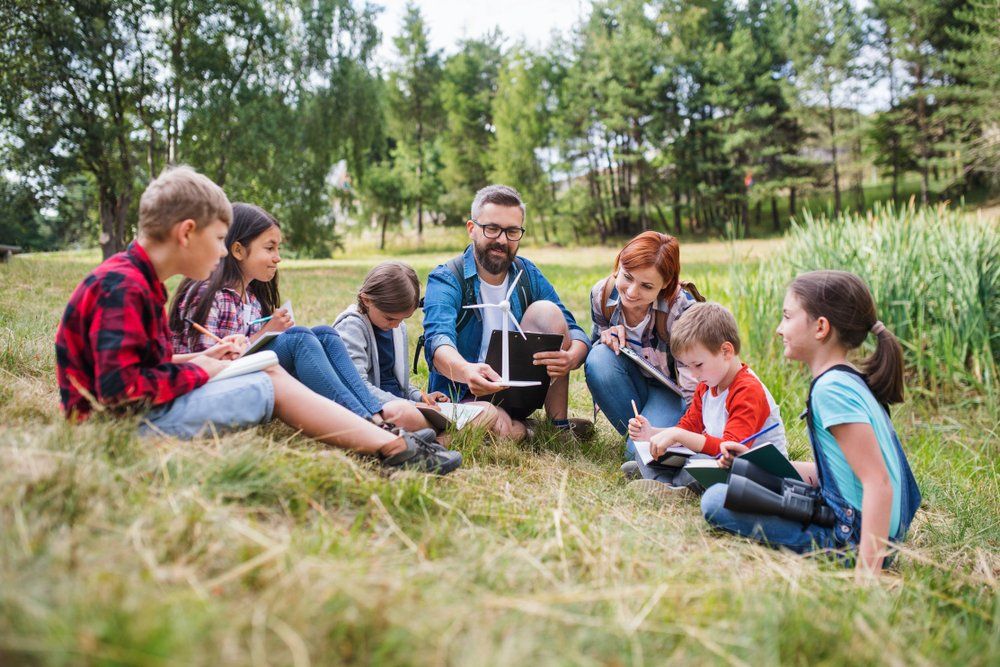EMAIL US: childrensclub@hotmail.co.uk
CALL US: 020337 11273
March 2023 Newsletter
Two educators: Maria Montessori and Jean Piaget - Part 1

Maria Montessori and Jean Piaget are two renowned educators who have made significant contributions to the field of education. While they shared some similarities in their approach to teaching, there are also some fundamental differences between their pedagogies.
Montessori's approach emphasizes the importance of hands-on learning through sensory exploration and discovery. She believed that children learn best through self-directed activities and play, and that the role of the teacher is to observe and guide rather than instruct. Montessori's educational philosophy emphasizes the development of the whole child, including social, emotional, and cognitive development.
On the other hand, Piaget's approach emphasizes the cognitive development of children through stages of learning. He believed that children actively construct their understanding of the world through their experiences, and that their learning progresses through different stages of development. Piaget's educational philosophy emphasizes the importance of challenging and stimulating children's thinking through activities that promote problem-solving and critical thinking skills.
In summary, while both Montessori and Piaget believed in child-centered learning and active participation, Montessori's approach emphasizes hands-on exploration and self-directed learning, while Piaget's approach emphasizes cognitive development through stages of learning and challenging activities.
Maria Montessori wrote several groundbreaking books on education, but perhaps her most influential work is "The Montessori Method: Scientific Pedagogy as Applied to Child Education in the Children's Houses."
Published in 1909, this book introduced Montessori's revolutionary educational approach to the world. In it, Montessori detailed her philosophy and methodology for educating young children, emphasizing the importance of respecting and following children's natural development and interests.
The book provides a detailed description of the Montessori method, including the use of child-sized furniture and materials, the role of the teacher as an observer and guide, and the emphasis on allowing children to learn through exploration and self-directed activities. It also describes the results of Montessori's experiments with children from low-income families in Rome, demonstrating the effectiveness of her approach in promoting children's academic, social, and emotional development.
"The Montessori Method" continues to be widely read and studied by educators around the world, and has had a significant impact on early childhood education.
Quick Links
Address
Office 7 Network Kingston
5-7 Kingston Hill
Kingston Upon Thames
Surrey KT2 7PW
Quick Links
Address
Office 12
Slyfield Industrial Estate
22-28 Moorfield Road
Guilford GU1 1RU
All Rights Reserved | The Children's Club

